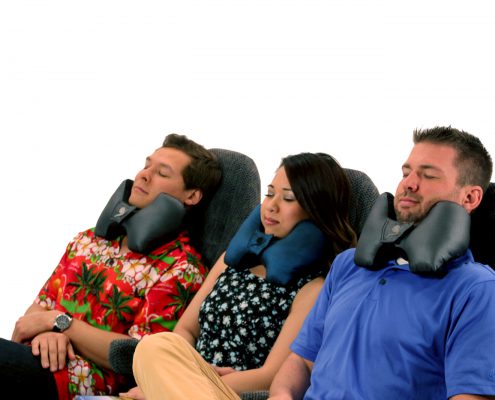Bear’s thoughts and opinions have been heavily influenced by the knowledge and expertise of
Dr. Vinita Azarow, D.C. Mountain View Chiropractic Center Mountain View, CA
Slouching. Why it’s Bad for You.
Slouching, an old habit many of us have, one that may have started in childhood or adolescence. Growth spurts may lead to slouching if the skeleton grows faster than the muscles can support it. Heavy backpacks, small desks, and other external factors can cause slouching from a young age.
But, a slouching habit can occur at any time in a person’s life. Some possible causes: trauma, computers, poor eyesight, indifferent sitting habits, weak muscles, and fatigue, to name a few. Regardless of the cause, it’s poor posture habits, day after day, that cause slouching.
What do you think happens inside your body when you slouch?
If you haven’t given it much thought, perhaps it’s time. Round your shoulders and upper back over, let you head drop down. And now sink into your pelvis. Take a nice deep breath.
Was it hard? Were you able to take a deep breath?
If you were in a good slouch, the answer is “No! It wasn’t easy.” That’s not good. Breathing is really important!
The Mechanics of Unencumbered Inhalation and Exhalation – i.e., Breathing.
When we breathe in, the rib cage expands and lifts up, and the diaphragm descends pressing into the abdominal cavity. This permits a full intake of air into the lungs. With breathing out, the ribs pull in, the chest droops, and the diaphragm rises up, pressing into the lungs and the air is exhaled. Breathe in and the thorax expands, breathe out and the thorax compresses.
When we slouch, our breathing is compromised.
Slouching is compression. It compresses the thorax much more than just exhaling. Slouching has a compressive effect on our rib-cage and thoracic vertebrae. When the spine and shoulders are rounded and the ribs are compressed, one cannot easily inhale, the lungs cannot fully expand. It also puts more pressure on our heart.
Slouching can also cause the discs between the thoracic vertebrae to compress as well. Another consequence may be compression fractures of the thoracic vertebrae. Both of these can lead to degenerative disc and joint disease. Over time your body will signal you that this is occurring in the form of pain. Listen to your body.
Fortunately, none of this happens overnight. It happens over years, which means you can do something about it! Focus on proper posture while sitting, standing, and every activity in between.
Start today!







